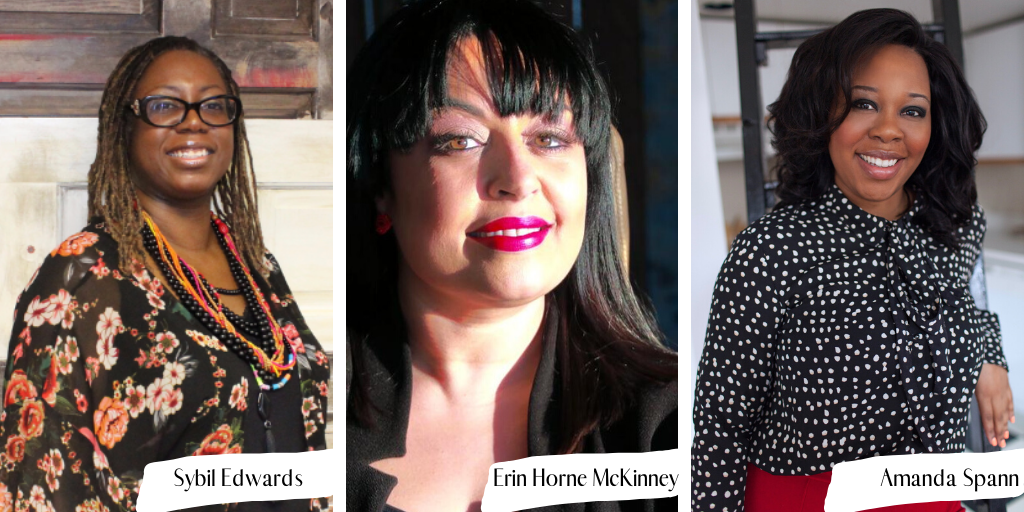WASHINGTON, D.C. — The rising tide of venture capital funding has not substantively lifted the boats of black women entrepreneurs. The widely publicized ongoing funding disparity these women face was the impetus for the formation of Black Female Founders (BFF), a global membership organization, community and movement that supports technology and tech-enabled ventures, as well as female tech industry leaders throughout the Black Diaspora.
The mission of BFF is to “change the ratios” and level the playing field for Black female entrepreneurs who seek investment capital for their startups. Launched five years ago in Washington, D.C. by Sibyl Edwards, Erin Horne McKinney and Amanda Spann, BFF exists to not only disrupt the drastically unequal distribution of investment capital that startups headed by Black women encounter but also function as an advisory board that offers guidance and mentoring to founders.
“We started as a dinner group and we expected 20 to 30 people, but wound up with more than 200 RSVPs. We sought to increase diversity and inclusion in the global tech start-up ecosystem,” McKinney said. “We created the dialogue from the beginning. There was no information for black female entrepreneurs.”
ProjectDiane, a biennial report that provides a snapshot of the state of Black female entrepreneurs in the U.S. and the companies they lead, found that in 2017, the average seed round funding amount received by all startup ventures in the U.S. was $1,140,000. The average amount of investment capital received by startup ventures led by Black females in the U.S. was $42,000.
BFF is fighting to upend those statistics by providing Black women with access to education, information and capital as well what the BFF calls “representation,” the visual validation that members experience while in the company of other successful Black female entrepreneurs.
“In 2020, we’ll focus on relationship-oriented programming. We’ll present many events, live and online, that address how to access capital and community. We’ll support our members with a holistic approach. You can be a whole woman; you can be wife, mother, entrepreneur and yourself,” McKinney said.
The organization also hosts fireside chats, expert panels and networking opportunities designed to encourage BFF members to meet industry leaders and grow their network. BFF Lab, the 10-week pre-accelerator program for aspiring early-stage entrepreneurs created and led by co-founder Sibyl Edwards, and the BFF Fellows program, serve to expand members’ industry knowledge, encourage mentoring and facilitate breakthrough entrepreneurial experiences that nurture fledgling start-ups and enable success.
“We help to cultivate relationships that build the foundation of a successful venture. We can take founders much further than they could progress on their own,” McKinney said. But she acknowledged that “black women are not valued in the same way (as their white male counterparts); we’re not seen as subject experts, regardless of our degrees, work experience, or network.”
As of 2017, just 34 Black female founders have reportedly raised $1 million or more in U.S. investment capital.
BFF Cofounder and CEO Amanda Spann said black women must be more creative, do more with less, perhaps barter services to get technical assistance or other resources. Beyond that, BFF is ready to explore nontraditional investment sources.
“[BFF is] getting more resilient and dynamic about identifying funding sources for our members. We’re looking outside of the U.S. Jessica Matthews (the Nigerian American inventor of the energy-harnessing Soccket soccer ball) couldn’t get money here, so she went to Nigeria and raised $8 million,” Spann said. “Black Female Funders is a catalyst for change, growth and advancement for black female entrepreneurs. We want to be the ultimate convener around this conversation. We want to nurture generational wealth in our community. We want to make it possible to have a black female Zuckerberg.”






Add Comment